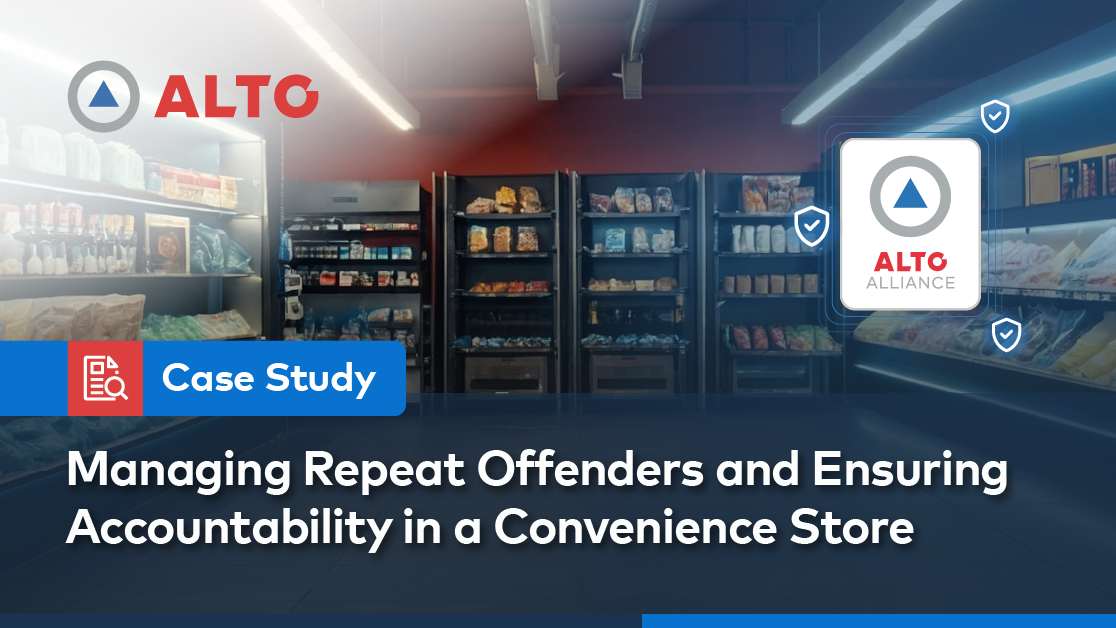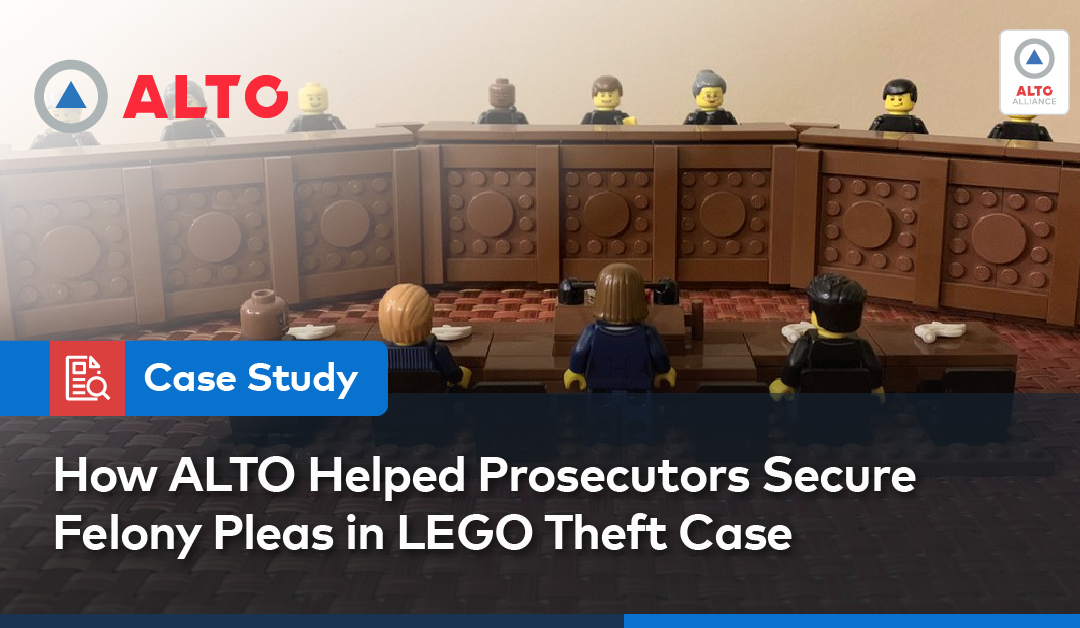A violent repeat offender faced multiple trespassing charges at a convenience store in Virginia Beach, occurring on five separate occasions within six months. These incidents took place before the implementation of ALTO’s retail in-store safety solution, which aims to enhance the safety of employees and customers.
The offender had a documented history of aggressive behavior towards both customers and staff at the ALTO-supported convenience store, frequently returning despite being banned from the premises. A key witness reported that he exhibited hostility, particularly towards female employees, when confronted about his actions. This pattern of threatening conduct not only created a dangerous environment for employees but also raised serious concerns about their safety and the need for effective retail security measures. After his apprehension for trespassing, the ALTO Virginia legal team was promptly notified and advocated on behalf of the victims in court.
Court Proceedings
During the trial, the witness, supported by the ALTO local legal team, provided testimony against the offender, utilizing a prepared note to clearly communicate her request for a formal ban to the judge. While the offender faced five separate charges, the defense argued that the witness had only filed one complaint; the other four were submitted by a former employee who later sought their dismissal.
Despite this defense strategy, the reporting officer presented crucial video evidence for two of the incidents, significantly strengthening the prosecution’s case. The officer’s initiative in gathering and presenting this evidence played a pivotal role in securing the offender’s conviction.
Outcome
The judge sentenced the offender to 365 days for each guilty charge, resulting in a total of 730 days in jail. However, 265 days of each sentence were suspended, leaving him with a mandatory incarceration period of 200 days. Additionally, he was fined $1,000 ($500 for each guilty charge). During the hearing, the judge granted the request for a formal ban, effectively preventing him from entering any convenience store in the state of Virginia.
Key Takeaways
- The Power of Evidence: The case underscored the critical importance of solid evidence in legal proceedings. The officer’s provision of video footage was instrumental in securing the conviction, as it provided irrefutable proof of the offender’s actions. Without this evidence, the prosecution might have faced significant challenges in effectively proving the case.
- Formal Bans as a Preventative Measure: The judge’s decision to impose a statewide ban on the offender offered immediate relief to the victim and her colleagues, ensuring that any future incidents could be swiftly addressed by law enforcement. This preventative measure not only protected the employees but also served to deter similar behaviors from other individuals.
- Supporting Employees in Legal Proceedings: The ALTO legal team’s guidance throughout the court process was vital in ensuring that the victim’s concerns were effectively communicated and acknowledged. This support ultimately led to a favorable outcome for the convenience store, reinforcing the importance of legal advocacy in retail environments.
This case highlights the critical role of strong evidence in securing convictions, the significance of supporting retail employees in navigating the legal system, and the effectiveness of formal bans in safeguarding both staff and customers from violent repeat offenders. By implementing comprehensive crime prevention strategies, convenience stores and other retail spaces can create safer environments for everyone involved.



